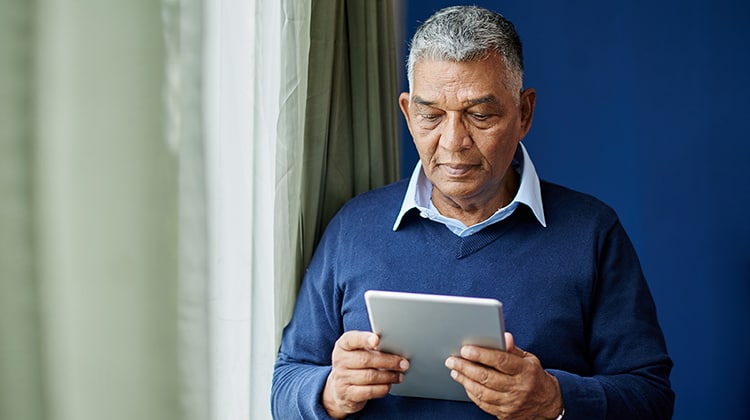The American Diabetes Association reports that 1.5 million Americans are diagnosed with diabetes every year. In 2015, 9.4% of the US population had diabetes and 25.2% of Americans age 65 and older are estimated to have diabetes (diagnosed and undiagnosed).
Patients with diabetes can experience frequent hospital readmissions. The 30-day readmission rate for hospitalized patients with diabetes is estimated to be 14.4 – 22.7%, a higher rate compared to the readmissions rate for all hospitalized patients (8.5 – 13.5%). The financial impact to the nation’s healthcare ecosystem is significant. The ADA reports that the total costs of diagnosed diabetes in the United States in 2017 was $327 billion, with $237 billion for direct medical costs and $90 billion in reduced productivity.
Home health agencies play a pivotal role in treating patients with diabetes and helping to reduce readmission rates by providing patients with education, self-management, and motivational support. After discharge, the patient can benefit from a home health agency’s care in order to:
- Adopt and maintain a healthy lifestyle including appropriate nutrition and exercise
- Address emotional challenges in making necessary lifestyle changes
- Manage risk factors such as dyslipidemia, hypertension, smoking cessation
- Maintain a steadfast commitment to blood sugar monitoring with frequent blood glucose testing
- Understand the role and need for medication or insulin injections
A unified virtual care platform for clinician-patient communications and care coordination is invaluable to home health agency staff, patients, and the patients’ providers such as endocrinologists or PCPs. Using video, home health clinicians can more frequently engage patients in virtual visits and check how the patients are monitoring their blood sugar and administering insulin. The video-based interactions can also be used to discuss how patients can confront complications due to aging, lifestyle changes, and progression of the disease process. Pharmacists and providers can also be included in the virtual visits if medication reconciliation is needed and/or if the patient presents with an emerging issue that needs immediate intervention.
In addition to conducting virtual visits with patients, the home health agency can schedule and send frequent communications (via email, text, and secure messaging) to remind patients to monitor their blood sugar levels and adhere to diet, exercise, and lifestyle guidance.
Patients appreciate the continued care and support provided in the cadence of touchpoints. And, family caregivers – whether close by or faraway – appreciate the ability to also be included in their loved one’s video-based virtual visits to learn how their family member is progressing.
With a virtual care communication platform such as Synzi, home health clinicians are helping patients with diabetes receive the ongoing support they need to manage their condition and minimize the risk of readmission.

